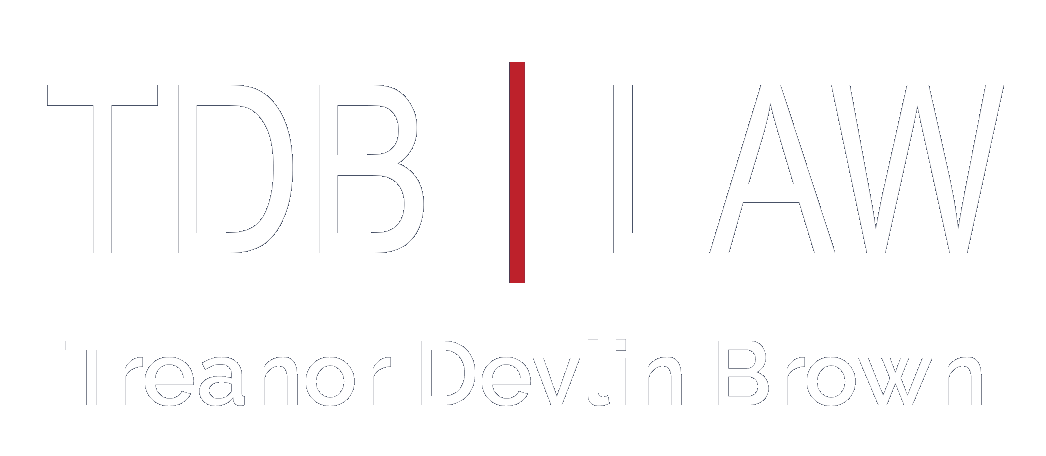The rapid growth of cryptocurrencies and blockchain technology has unlocked extraordinary innovation—but it has also drawn scrutiny from law enforcement, regulators, and private litigants. Companies and individuals operating in this space often face exposure to criminal, regulatory, and financial risk.
Enforcement authorities are focused on a range of concerns, including:
Money Laundering and AML Compliance
Cryptocurrencies present unique challenges to anti-money laundering (AML) enforcement. Businesses lacking adequate AML controls—including those operating unlicensed or unregistered as money services businesses (MSBs)—have faced prosecution. Regulators also target the use of mixing and anonymization tools designed to obscure the origins of funds.
Unregistered Securities Offerings
The SEC had aggressively pursued enforcement actions involving digital assets it deems securities, particularly in cases of fraud or misleading disclosures. While the SEC has paused the action while new rules are being drawn up, that hasn’t stopped state regulators and private parties from pursuing these claims, and the law in this area remains deeply unsettled.
Fraud and Deception
Cryptocurrency markets remain rife with fraud. Common schemes include Ponzi structures, “rug pulls,” and wallet phishing scams. Prosecutors and regulators continue their efforts to hold bad actors accountable and recover losses for victims, and private parties have brought civil suits in these matters as well.
Market Manipulation
Crypto markets remain vulnerable to manipulation tactics such as wash trading, spoofing, and pump-and-dump schemes. The SEC and CFTC have made market integrity a priority, with civil lawsuits and enforcement actions targeting manipulators.
Tax Evasion and Disclosure Failures
The IRS has ramped up enforcement efforts against individuals and businesses that fail to report cryptocurrency transactions, income, or holdings—particularly those required under Form 8949 and other international reporting mandates. Non-compliance can result in audits, penalties, and potential criminal exposure.
Sanctions Evasion
OFAC has warned of cryptocurrencies being used to evade U.S. sanctions—by both state actors and blacklisted individuals. Enforcement actions continue target blockchain-based attempts to bypass the national security controls.
Cybercrime and Ransomware
Digital assets are a preferred payment method in cybercrime—from ransomware attacks to dark web transactions. Federal agencies like the FBI and DOJ are aggressively tracking illicit flows, recovering assets, and prosecuting offenders.
A Sophisticated Partner in Crypto and Blockchain Enforcement
Navigating the fast-evolving legal landscape of digital assets requires counsel with deep regulatory insight, courtroom experience, and fluency in the underlying technology. Treanor Devlin Brown offers strategic counsel to clients facing enforcement risk or seeking proactive compliance.
Our services include:
- Designing and reviewing AML programs in line with the Bank Secrecy Act, FinCEN guidelines, and Treasury regulations
- Assessing token offerings and digital asset structures to reduce securities law exposure
- Responding to subpoenas, government investigations, and enforcement actions involving fraud, market manipulation, or tax noncompliance
- Guiding voluntary disclosures and regulator engagement with agencies such as the SEC, CFTC, DOJ, IRS, and OFAC
- Conducting internal investigations while maintaining legal privilege
- Advising on law enforcement interaction strategies, including with federal agencies and financial crime units
With extensive experience in white-collar defense and regulatory enforcement, and a track record representing blockchain companies and their executives, Treanor Devlin Brown is trusted to deliver decisive, informed advocacy in this complex and rapidly changing space.
